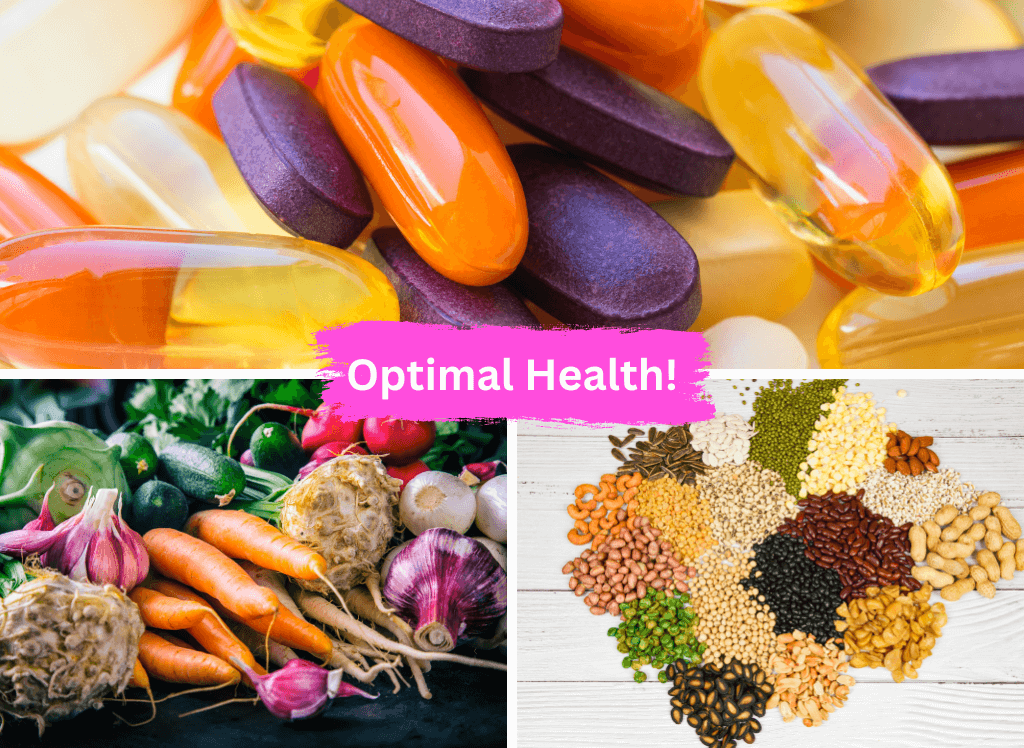Many mothers are concerned about the effects of antibiotics on their baby's developing gut microbiome. A baby's gut microbiome is responsible for many important functions, including digestion, absorption of nutrients, and immunity. Antibiotics can kill both the good and bad bacteria in a baby's gut, which can disrupt the delicate balance of the microbiome and lead to digestive problems. Probiotics are live microorganisms that can help to restore the balance of gut bacteria and promote a healthy digestive system.
Most probiotics are safe for babies, but it is important to speak with a doctor before giving them to a child. Probiotic supplements should be given at least 2 hours after a baby has taken an antibiotic. This allows the probiotic time to establish itself in the gut before the antibiotic has a chance to kill it off. It is also important to give probiotic supplements with water or breast milk, as they can be killed by stomach acid.
There are many different strains of probiotics, and each one has different benefits. The most common strains are Lactobacillus and Bifidobacterium. Lactobacillus is found in yogurt, fermented foods, and supplements. It can help to treat diarrhea, eczema, and colic. Bifidobacterium is also found in fermented foods and supplements. It can help to treat diarrhea, constipation, and colic.
Probiotics are available in many different forms, including powder, capsule, tablet, liquid, and chewable Tablet forms are the most common because they are easy to take and easy to dose. Capsules and powder can be mixed with water or breast milk. Chewable tablets are suitable for older babies who have teeth. However, all forms are unlikely to cause side effects in healthy babies.
Probiotics are live microorganisms that can help to restore the balance of gut bacteria and promote a healthy digestive system for babies taking antibiotics. Most probiotics are safe for babies but it is still important to speak with a doctor before giving them supplement form of any kind.
The best way To give probiotic supplements is 2 hours after the baby takes the antibiotic.
Breaking Down The Different Kinds Of Probiotics And Why They Are Important
Lactobacillus- Commonly found in yogurt, this strain helps with diarrhea, eczema, and colic.
Bifidobacterium- Also found in yogurt, this strain helps with diarrhea, colic, and constipation
Probiotic supplements come in many different forms including powders, capsules, tablets, liquids, and chewable tablets. It is important that if you decide to use capsules or powder you mix it with water or breastmilk because stomach acid can kill off the live bacteria.
As a new or expecting mother, you want to do everything you can to ensure that your baby is healthy and happy. Unfortunately, sometimes infants need to be prescribed antibiotics to treat an infection. While these medications can be lifesaving, they can also cause diaper rash and other gastrointestinal issues.
To help offset the side effects of antibiotics, many parents turn to probiotics. Probiotics are live microorganisms that can help improve gut health and boost immunity. However, with so many probiotic products on the market, it can be hard to know which one is best for your infant.
That's why we've done the research for you and compiled a list of the best infant probiotics on the market. To check out our list, simply click the link below. With our assistance, you can rest assured that you're giving your baby the best probiotic possible.









